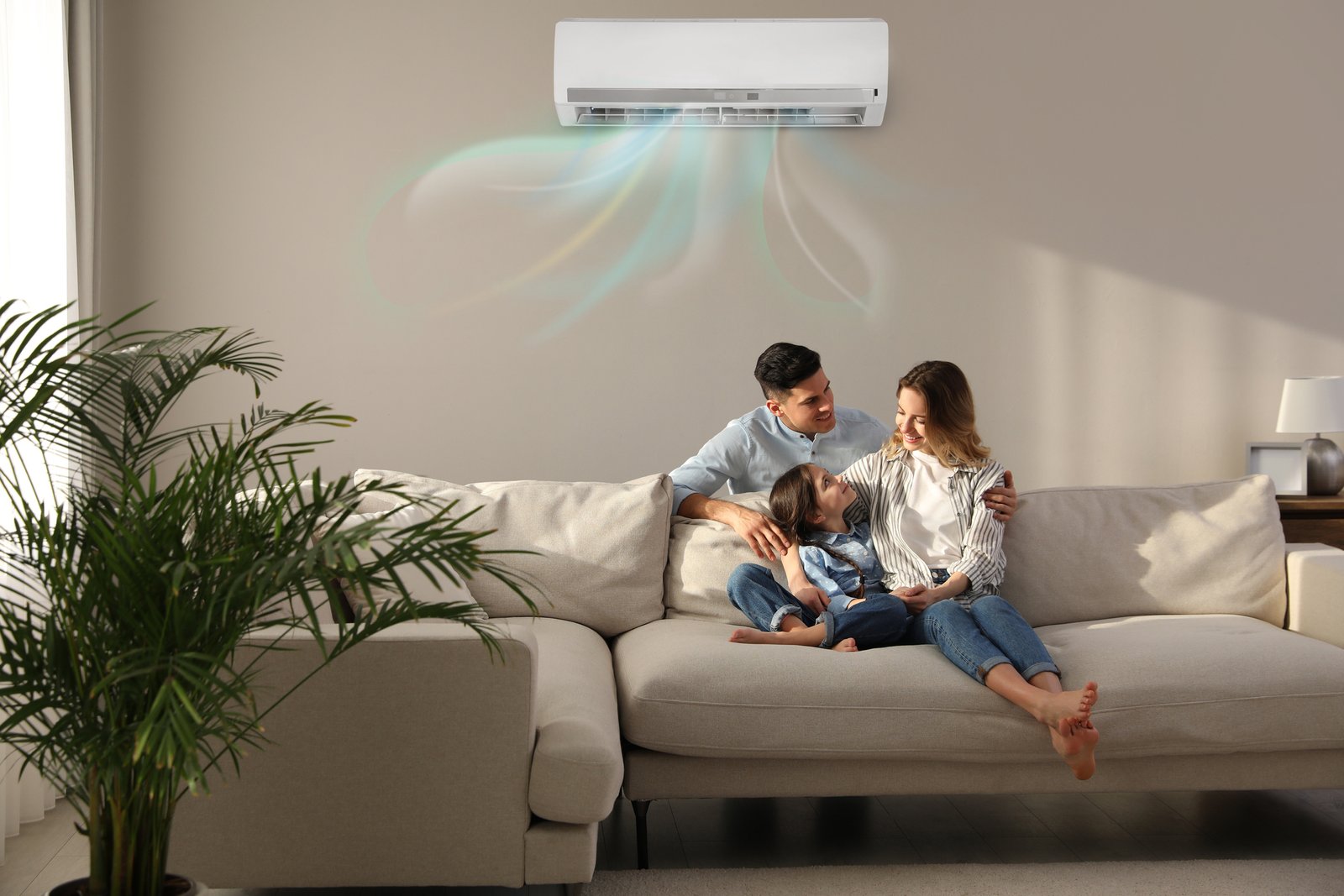Improving Allergies Through Better Indoor Air Quality
October 04, 2023

If you suffer from allergies, your air conditioner can help you enjoy greater health and comfort at home. Read through this article to learn more about how your air conditioner affects your allergy symptoms and how you can easily make improvements with the help of your HVAC technician.
An estimated 50 million Americans experience seasonal allergies, which include symptoms such as coughing, sneezing, congestion or runny nose, and watery, itchy eyes. While the particles that cause these allergies originate outside your home, the quality of the air inside your home can also play a role in your overall comfort and health. Your air conditioning system controls three major aspects of your indoor air: its temperature, its humidity, and the concentration of airborne particles. It is the concentration of airborne particles, such as dust, pollen, mold spores, animal dander, and molecules from cooking or chemical cleaners, that has an impact on allergy symptoms. Fortunately, there are a variety of solutions your HVAC expert can easily implement to improve the quality of your indoor air, thus improving your health and comfort at home.
Air Filtration
Your HVAC system uses an air filter to remove airborne particles as it draws air into the system for cooling. Most systems use a disposable filter that must be removed and replaced every one to three months. Although these filters offer varying degrees of effectiveness, filters designed to capture more particles can have the negative effect of restricting airflow through your HVAC system, putting excess strain on the blower motor and making a breakdown more likely. An electrostatic air filter consists of an air-permeable medium through which a low-voltage charge is run. Although the filter itself allows air to pass through easily, its charge attracts particles to the filter, greatly improving its efficiency. An electronic air filter can be plugged right into your existing HVAC and electrical systems with no additional components necessary; the medium should be removed and replaced every three months, but the housing will never require replacement.
Air Purification
The process of air purification distributes harmless ionized particles throughout your home via your ducts. These particles encounter airborne contaminants in your home, including bacteria, viruses, odors, and volatile organic compounds. At the same time, the charged particles impart their charge onto contaminants such as dirt, dust, and pollen, making them clump together so they can be more effectively removed from your air by your air filtration system. An air purification system is inserted directly into the ductwork above your HVAC blower; this system can be installed in both new and existing HVAC systems with ease. Air purifiers work best in concert with electrostatic air filters, as the charged dust particles will easily stick to the charged medium in the electronic air filter.
Your A/C technician in Jacksonville can install an electronic air filtration and air purification system in your existing HVAC system usually in less than an hour. If you’d like to find out more about improving indoor air qualities for reduced allergy symptoms and better health at home, visit our website for more details about the indoor air quality products we recommend. You’ll also find more great tips and information for indoor comfort and health on our blog.
